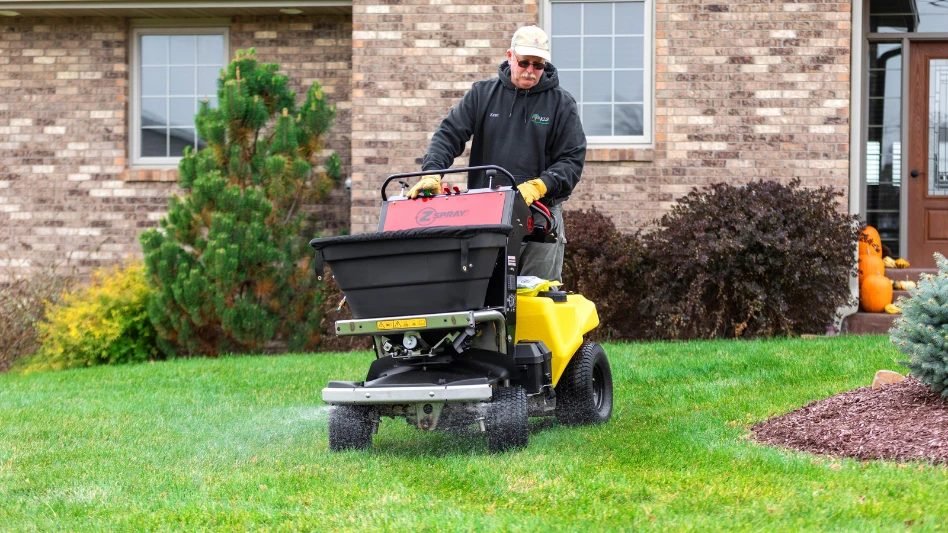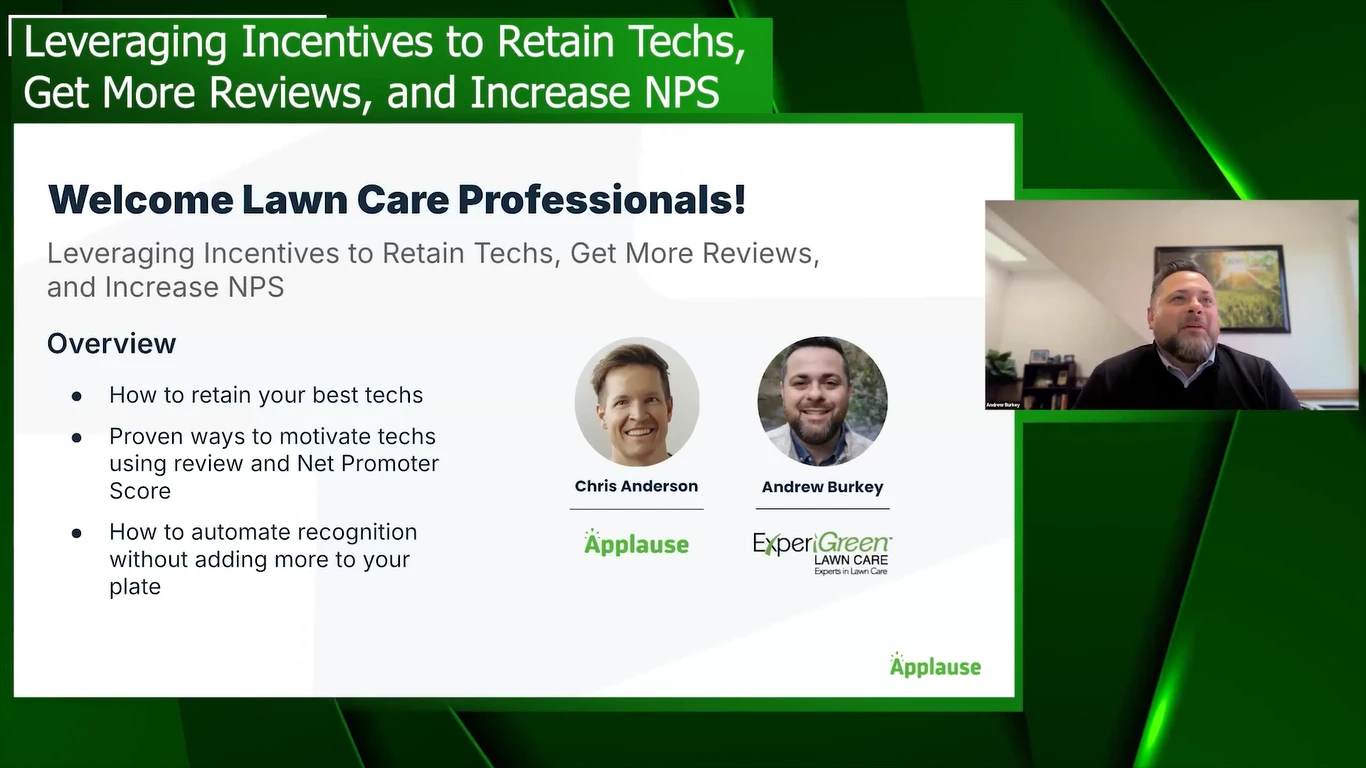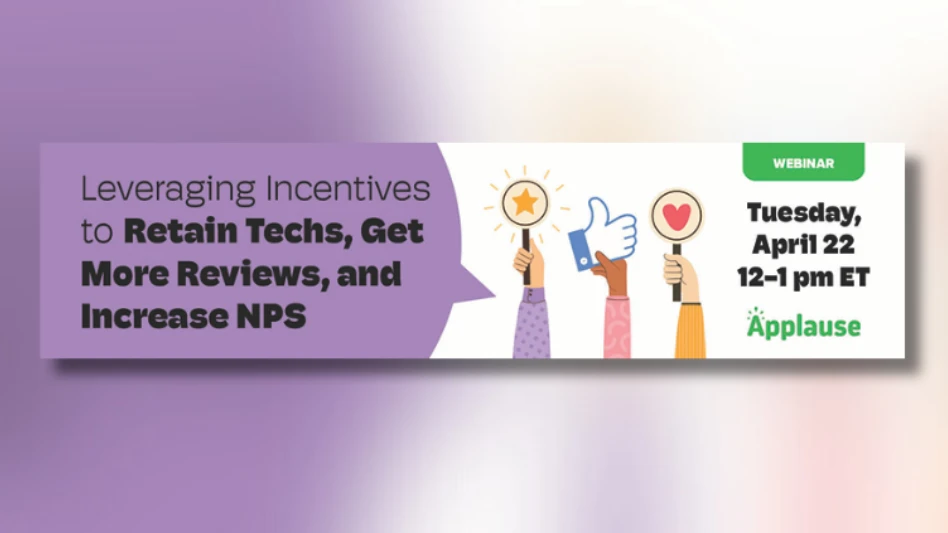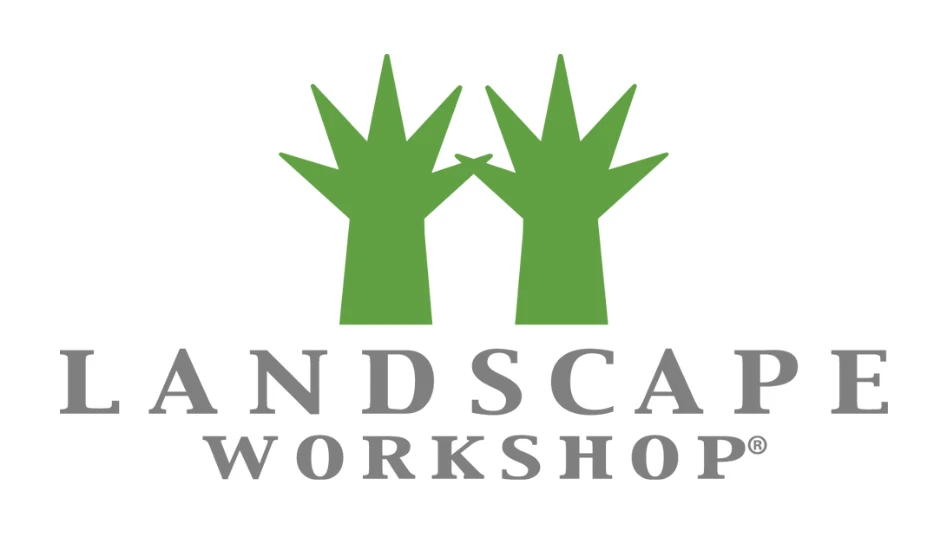
From handshakes to hard work, understanding the nuanced differences between the American and Latinx cultures can lead to a more productive workplace.
This was the message during the webinar “Lost in Translation: The Five Things Businesses Must Understand About the Latinx Culture.” The education was sponsored by the Illinois Landscape Contractors Association and went live earlier in November. Given that Spanish-speakers and Latinx employees make up roughly half of the landscaping industry’s workforce, understanding ways to bridge cultural gaps became imperative to speaker Bernie Carranza, the manager at Lotus Farms Chicago. Latinx is a more recent term that replaces the “a” or the “o” in Latina and Latino to make the term gender-neutral. But before Carranza told attendees some of the lessons he’s learned as both a manager and member of the Latinx community, Donna Vignocchi Zych, ILCA president, opened up the webinar.
“I deeply believe that this seminar isn’t just about getting more performance out of our teams,” she said. “It’s about bridging an essential gap and how our different cultures interpret words, actions, gestures, hierarchies and traditions. When employees feel safe, they have the ability to excel and better their collective lives.”
Here’s some of what was discussed during the webinar:
Diverse cultures.
First, it’s important to understand exactly what demographic of people you’re referring to when you say “Latinx.” In this case, it’s anyone from a Spanish-speaking country.
In his experience, Carranza said people who were originally born in one of these Spanish-speaking countries identify themselves as Hispanic, while those born in the U.S. with familial ties to other countries label themselves as Latinx. He made it clear, however, that they can ultimately determine how they’d like to be identified.
The presentation was more geared toward Latinxs who had not acculturated to American culture. Many are from Mexico; the complicating factor is that their experiences and cultural influences are different depending on what area of Mexico they’re from.
“The employer, when appropriate, should discuss with their Latino employees the cultural differences that exist and how to make everyone comfortable,” he said. “There are differences in simple, everyday interactions. The more we become familiar with these, the (better) communication we have.”
As it pertains to showing these employees respect, simple things like hand gestures and body language go a long way. Directly looking at someone’s eyes during serious conversations can be viewed as a challenge to his authority, and handshakes for Latinxs are supposed to be soft to the touch rather than firm and rigid. Greetings in American culture are brief and to the point, while in Latinx culture, they’re more warm, welcoming and expected.
Employers should talk about those differences and clarify with the employee that they're not trying to upstage them with direct eye contact, for example.
Education.
Latinxs prefer cooperative learning environments rather than competitive. As an example, Carranza recalled helping other cousins through school lessons growing up rather than trying to outdo them. This carries into the workplace, as training at a company should be done in more of a group setting than individually.
Carranza recommended allowing for smaller meetings to go on during larger meetings for those who learn most comfortably in a communal way. In his experience, these smaller groups lead to more productivity from his Latinx workers as they explain to one another what they’ve learned. Another challenge is understanding that Latinxs “don’t know,” even when they do, Carranza said. This means that they’d rather not embarrass somebody leading a meeting by upstaging them with the correct answer, even if it means sitting on vital information. This can be avoided by encouraging them to speak up often.
“We should encourage them to ask questions,” Carranza said. “Our style is more formal. What that means is that if you’re the presenter, if you’re the authority of the person presenting, there is this tendency to not interrupt you.”
Understanding ambition.
Latinxs often credit their achievements to fate or religious circumstances rather than their own ability, Carranza said. “We look down at our shoes – we downplay our successes,” he said. “When something good happens to us, we don’t credit our own hard work.”
He said because of this humility, Latinxs are often labeled as unambitious. Some miss out on raises or bonuses because of this trait. Their politeness can lead to Americans viewing them as subservient.
As Carranza put it, the squeaky wheel gets the grease, and sometimes, people with bad manners get what they want. Latinxs’ ambition for career progression is demonstrated quietly, he said, and “the key for you is recognizing that ambition and directing it.”
Carranza said sometimes, Latinxs struggle to speak up when things get difficult because they have adopted a culture of hard work and pride in their company. He said it’s up to employers to listen to employees and ask them proactively how the work is going.
“Working hard is in our culture, it’s in our DNA,” he said. “What can we do? We encourage them, we empower them.”
Landscape Workshop acquires Great Oak in Atlanta
Great Oak founder Tim Christie, who started the company in 2000, will join the team as GM of Atlanta operations.
BIRMINGHAM, Ala. – Landscape Workshop recently acquired the landscape maintenance and enhancement operations of Great Oak Landscape Group, based in Atlanta. Great Oak founder Tim Christie will be joining the Landscape Workshop team as general manager of Atlanta operations.
“We are incredibly excited to have Tim and his team of talented managers and landscapers join Landscape Workshop,” said J. T. Price, Landscape Workshop CEO.
“Tim worked with several of LW’s operational leaders in the past. We knew we wanted him on our team.”
Christie started in the landscape industry as a crew member over 30 years ago and founded Great Oak Landscape Group in 2000 in the garage of his home. Christie built Great Oak to three locations in greater Atlanta with 40 employees. Landscape Workshop, meanwhile, ranked No. 43 on Lawn & Landscape's Top 100 list last year.
“I’m excited to stay on in my new role as general manager for Landscape Workshop and to expand on what Great Oak Landscape Group has accomplished in the Atlanta market," Christie said. "The people I know at Landscape Workshop share the same values of customer service and responsiveness that my team and I do, and I know we will be a good fit.”
Landscape Workshop is a full-service grounds management company that has been providing professional service and expert maintenance for outdoor commercial spaces since 1984.
With the addition of Great Oak, Landscape Workshop now serves 10 Southeastern markets in Kentucky, Tennessee, Alabama, Georgia and the Florida panhandle. Landscape Workshop is backed by Carousel Capital and McKinney Capital.
The Bradley law firm served as Landscape Workshop’s legal counsel in this transaction.
Davey Resource Group acquires assets of EEE Consulting
Founded in 1998, 3e operates in the Richmond and Blacksburg areas in Virginia.
Founded in 1998, 3e operates in the Richmond and Blacksburg areas and provides environmental and engineering services to the public and private sectors. Those services include: site assessment and remediation; water resource and stormwater management; landscape architecture; Geographic Information System (GIS) services; wetland delineation; mitigation design; stream restoration; threatened and endangered species consultation; brownfield redevelopment; certified drone surface modeling; National Environmental Policy Act document preparation and a variety of other services.
The acquisition was made by Wetland Studies and Solutions, a Davey company, which is a subsidiary of DRG. The 3e offices in Mechanicsville and Blacksburg, Virginia, will become new offices for WSSI, also based in Virginia.
“Davey Resource Group and WSSI are excited to welcome the employees of 3e into the Davey family,” said Ken Joehlin, vice president and general manager, DRG Environmental Consulting. “3e brings a broad range of expertise and experience partnering with municipal and government clients that will enhance the environmental consulting services WSSI offers to clients in Virginia. This acquisition also strengthens Davey’s commitment to providing diverse consulting solutions to our clients.”
Like Davey, 3e has been employee owned. Under employee ownership, staff members are given the opportunity to become owners through an Employee Stock Ownership Plan (ESOP), an employee benefit plan that gives workers ownership interest in the company through stocks. Davey has been employee-owned since 1979 and is the ninth largest employee-owned firm in the U.S.
3e has 36 employees working out of offices in Richmond, Blacksburg and Newport News. All employees will continue employment under the WSSI brand. Andrew Kassoff, president of 3e, will continue as director of WSSI.
“Davey Tree is a leader in the tree care and environmental consulting industry, and we are thrilled to join the Davey family,” Kassoff said. “This is a great opportunity for our clients as well. The only major changes they will notice will be an expansion of our talent, expertise, and an increased diversity in the services we can offer. Also, 3e employees will benefit from Davey’s legacy and culture of employee ownership. We are truly excited for what the future holds.”
Hoffman named CEO at Fisher Barton
Scott A. Hoffman has more than 30 years of leadership experience.
WATERTOWN, Wis. – Scott A. Hoffman has been named CEO of Fisher Barton, a Watertown-based group of eight businesses that has operations in Wisconsin, Illinois, Texas and Vietnam.
Hoffman, who previously was vice president of the municipal products group at Neenah Enterprises, Inc. and president of the Wise Company, a Memphis-based seating system manufacturer, fills the post that has been held on an interim basis since July by Craig Smith, who will return to his position as president of Fisher Barton TST in Sun Prairie.
Hoffman has more than 30 years of leadership experience, largely in casting, stamping and precision machined products in the heavy truck, marine and foundry industries and has a track record of success in sales and marketing, supply chain and product development.
“Scott’s record of leadership and demonstrated expertise in the manufacturing sector make him an ideal person to lead our organization,” said David Wilkey, board chair of Fisher Barton. “He understands the advantages that a well-run family business offers both to its associates and customers as well as to the communities in which it operates. We are pleased to have him join our team.
“We also appreciate Craig’s efforts while we conducted a search for our new leader. He has served us well, and we are glad that he will continue to be part of our leadership team by guiding Fisher Barton TST in Sun Prairie,” he added.
Besides serving as president at the Wise Company and as a senior executive at Neenah Enterprises, Hoffman also was a vice president at the Brunswick Boat Group’s operations in Poland and vice president and general manager at Mercury Marine in Fond du Lac.
He also served as president of a Brunswick unit in New Zealand and as vice president of supply chain for the Mercury Marine Group.
“I am honored to have been selected to lead the team at Fisher Barton at this critical time, and I look forward to working with such a talented group of people,” Hoffman said.
“I am especially grateful for the steady hand of Craig Smith during these past four months. He has led the Fisher Barton Group admirably since July, and I am glad we can count on his continued contributions to our growth and success.”
Husqvarna introduces robotic mower CEORA
The CEORA is capable of mowing more than 12 acres and is equipped with EPOS technology.
The CEORA is a commercial robotic mower coming in 2022 that will cover more than 12 acres with one mow, the largest total area for any of the brand’s robotic mowers.
CEORA is designed to be a low-noise, zero-emissions solution that will allow facility management companies, municipalities and sports field managers to bring more efficiency and consistency to the overall land maintenance process.
In the future, it can be tailored to specific needs by adding accessories like a lawn striper, fairway deck or line painter and can be paired with other robotic mowers. Husqvarna’s suite of connectivity and fleet services will also allow the operator instant and continuous digital monitoring and control of multiple units.
CEORA joins a line-up of commercial Husqvarna Automower products – Husqvarna Automower 550 and 550H – that are designed specifically for demanding professional applications. One machine can cover areas of more than 12 acres.
The new CEORA will be available with Husqvarna’s recently introduced EPOS technology – a satellite-based navigation system enabling mowing with virtual boundaries. This navigation system delivers an accuracy down to an inch and is used to create virtual boundaries for professional robotic mowers. The new system will increase the flexibility and use of professional robotic mowers in green spaces.
Husqvarna professional robotic mowers with Husqvarna EPOS integrate with Husqvarna Fleet Services, a digital fleet management control system, and make the management of large lawns and green spaces easier.
More details about the pricing for the new Husqvarna CEORA will be available in the summer of 2021 and mowers will start shipping to customers in early 2022.
Robin Autopilot partners with TurfBot Mowing
TurfBot operates under the Weed Man umbrella, which ranked No. 8 on our recent Lawn & Landscape Top 100 list.
DALLAS – Robin Autopilot USA, a robotic mowing technology company, entered into a partnership with TurfBot Mowing, a brand under the Weed Man USA ownership umbrella.
Under the new partnership, TurfBot franchises will offer robotic mowing services powered by Robin’s technology. TurfBot franchises will have access to all of the tools and resources available through the Robin platform.
Ranked as the eighth-largest company on the 2020 Lawn & Landscape Top 100, based on 2019 revenue, Weed Man expanded into the robotic mowing business when it launched TurfBot in 2018 to test the concept, recognizing the benefits of offering battery-powered and emissions-free robotic mowing services to customers. TurfBot currently operates in three locations and plans to expand.
“Robin Autopilot was the obvious choice for us in our search for a partner with cutting-edge technology and expertise that would help us grow in the exciting robotic mowing industry,” said Jennifer Lemcke, chief executive officer of Weed Man. “We believe robotic mowing has a bright future, and we look forward to working with Robin to continue the transformation of the lawn care industry through the wide-ranging environmental and economic benefits of this new technology.”
LandCare appoints Mark Hopkins to lead new division
A LandCare employee since 2014, he will join the company’s newly formed Central Division as executive vice president.
LandCare tapped Mark Hopkins to lead the company’s newly formed Central Division as executive vice president.
Hopkins will continue to guide the branch teams in Texas and Oklahoma, with the addition of the teams in Tennessee, Georgia and North Carolina, while joining LandCare’s executive committee.
Since joining LandCare in 2014, Hopkins served as regional vice president in Texas and Oklahoma, leading his region through six consecutive years of robust growth.
Hopkins helped teams build sustainable portfolios and an engaging environment for team members, plus numerous advancement opportunities to budding young leaders.

Explore the January 2021 Issue
Check out more from this issue and find your next story to read.
Latest from Lawn & Landscape
- Retargeting Ads – A Secret Weapon for Growing Your Lawn Care Business
- Leading a growing company
- Project EverGreen launches Clean Air Calculator
- Rain Bird acquires smart lawn care company OtO from Toronto
- PBI-Gordon names Marvin as VP of research and development
- Mean Green rolls out Vanquish Autonomous mower
- Focal Pointe launches new podcast series
- Navigating due diligence checklist for selling lawn business





